Tag Archives: language
10 Apr Talking About Computational Linguistics
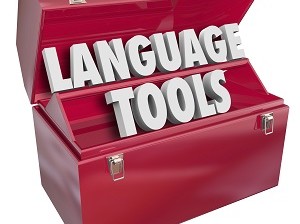
Computational Linguistics Today Massive strides have been made in the cognitive definition of thought, perception, culture and language. The interaction or kinship of all these elements of the human experience is also better defined. This combined work has increased our self-awareness and provided the basis for synthesizing and modeling automata to extend our abilities and […]
08 Apr Symmetrical Logic and Lineage
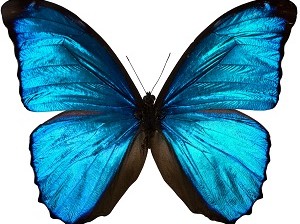
Symmetry may not immediately appear as a principle of logic or reason, but it should. In mathematics we learn the commutative and associative properties of addition and multiplication. These represent a mirror-like symmetry. Symmetry, or invariance against change, is a fundamental principle of physics and an underlying assumption driving some logical decisions. Causality, for example, […]
25 Mar Generalization and Inference

What do you do when you encounter something completely new, such as a new flavor. Can you identify that it is a flavor and that it resembles some flavors you’ve encountered before? If you knew about bridges from experience, but had never seen a drawbridge, or a lift bridge or a covered bridge, would you be able […]
01 Mar Hold Onto the Memories

When you see Grandmother, is there a cell or cluster of cells in your brain that light up and say: “I recognize that face – It’s Grandmother!” The Grandmother cell theory suggests that there is such a cell or group of cells where that knowledge is explicitly stored. Earlier posts included a discussion of feature selectivity […]
27 Feb Chomsky, Locke and Aristotle on Learning Language
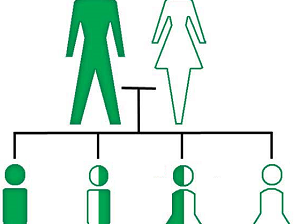
Inherited Abilities In systems design, there is a growing trend to “hard code” less into the system and leave more to be configured by the person or organization that is using the software. The growth of Rules and Workflow Engines that can be managed by non-technical users is prime evidence of this trend. And yet, the complex instruction […]
26 Feb Physiology of Learning to Generalize
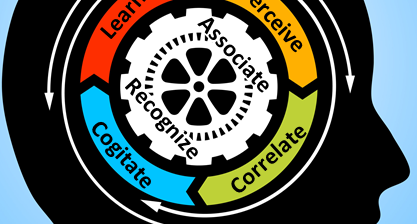
I began this blog heavily concentrating on the physiology of the brain, its cells and the way they interconnect. Learning and association are not dealt with much in those posts other than to describe ways in which the brain and its cells provide mechanisms for these activities. Many of the mechanisms of association are fairly clearly understood […]
24 Feb Neural Network Perception
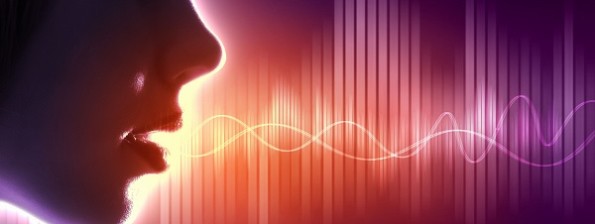
Feedback in Image Processing While the flow of electrical impulses in the brain triggered by visual stimuli travels sequentially through layers I then II then III of the visual cortex, this directional flow does not prevent impulses from other sources, including feedback loops within the visual cortex from contributing to our ability to process images. […]
20 Feb Learning Cause and Effect
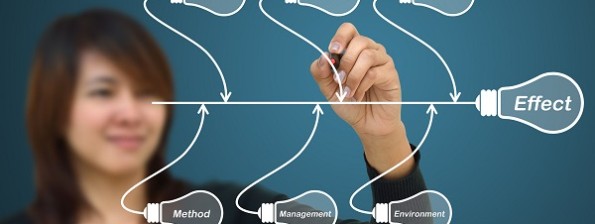
Sparks of Kinesthesia When does a person begin to learn about the relationships between things that happen? Does the brain have an innate capacity to make the connections necessary to associate outcomes with catalysts? At what point does a person begin to learn that she or he can affect outcomes in the real world? One […]
17 Feb Call in the Reinforcements

I think of learning like photography. The length of time of the exposure and the width of the aperture determine whether the film or digital array receives sufficient light to capture the image. The focus of the lens is important too. As adults, we can sometimes control the number of times we return to a […]





